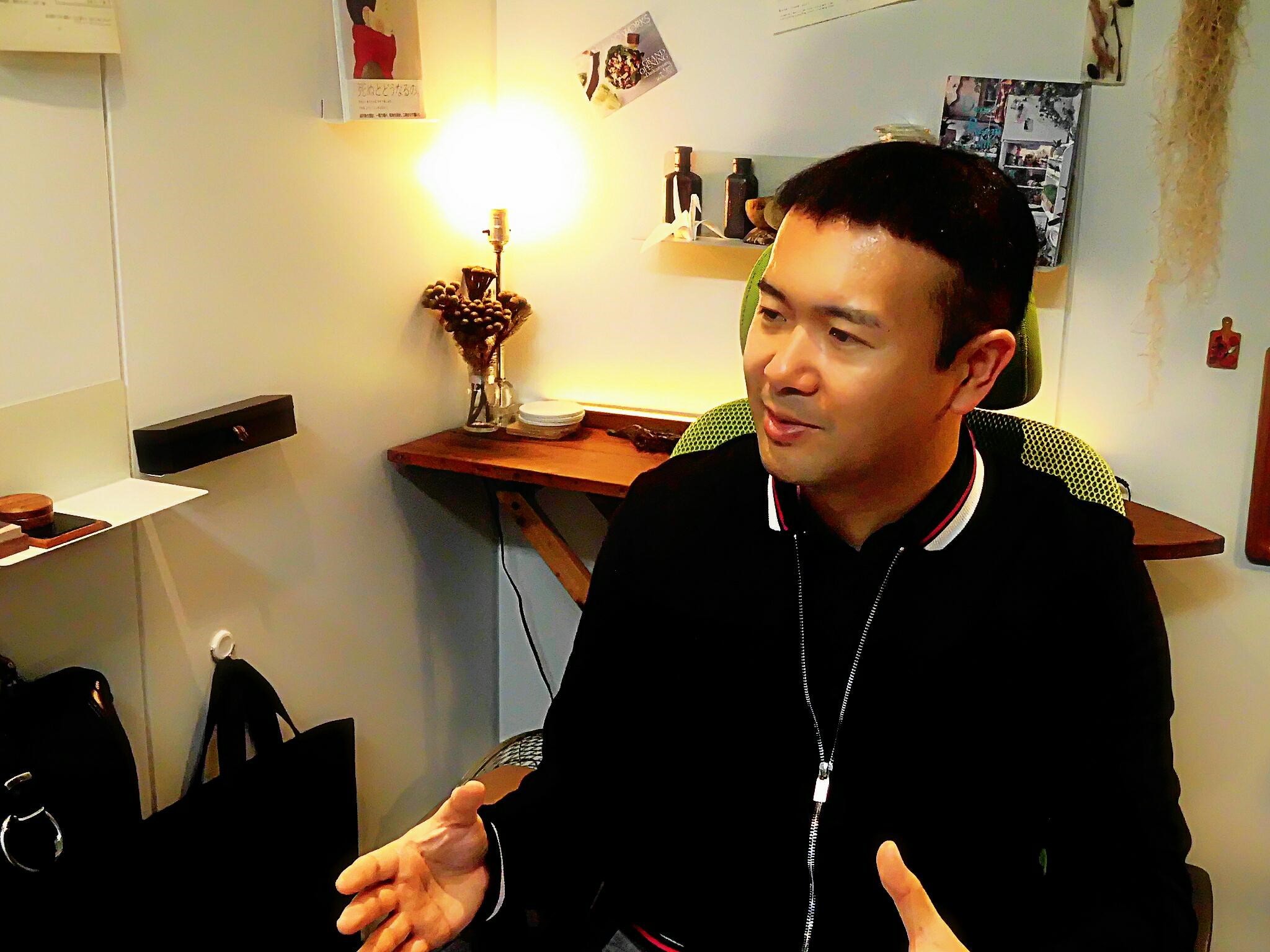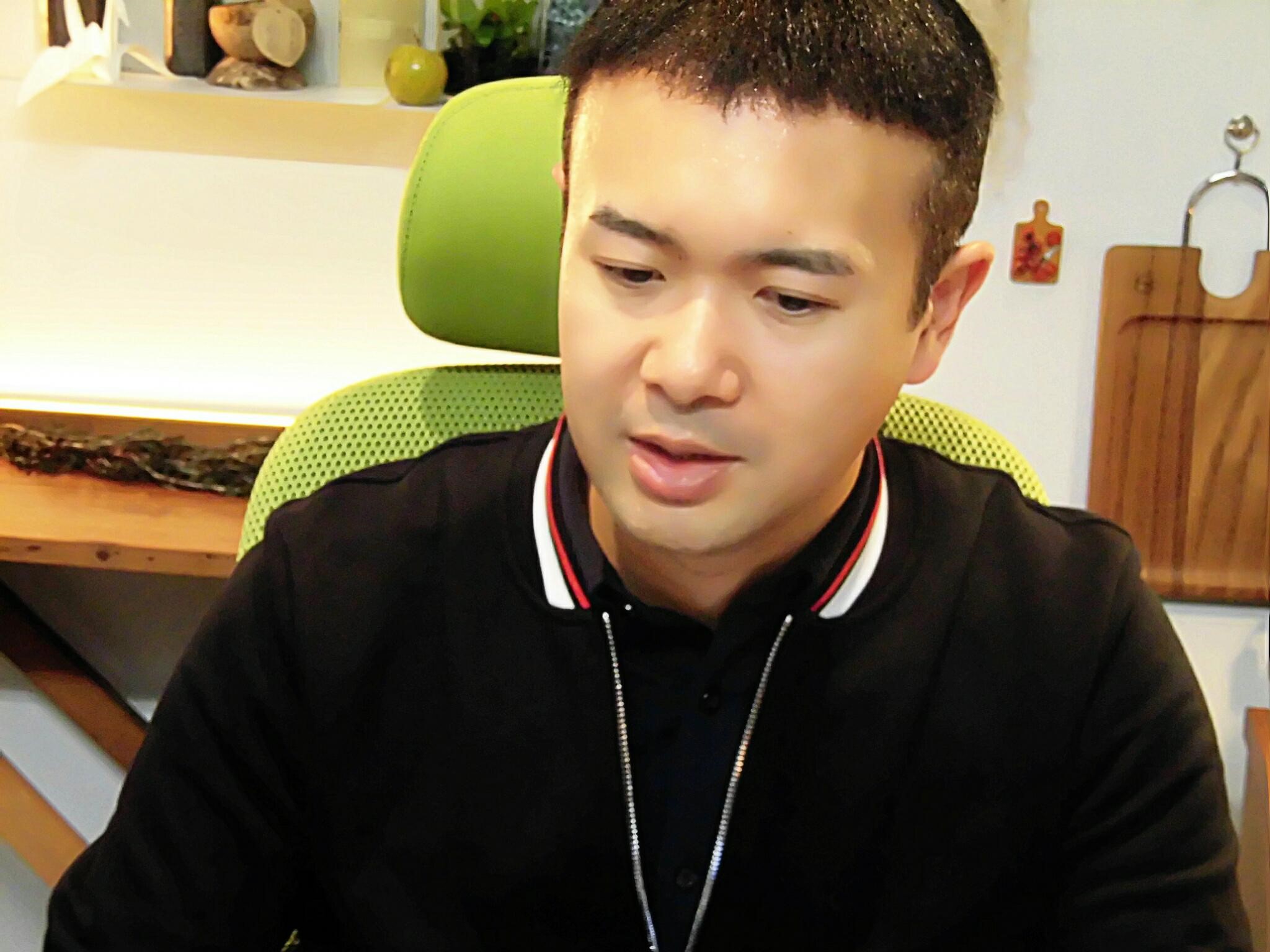What Can Students Do to Prevent Mental Health Problems in the Future?
“There are many people who have mental disorders from reasons other than overwork.”
says Dr. Miyake Taku, an industrial physician who has been engaged in employee health through FAST RETAILING, also known as UNIQLO.
According to Dr. Miyake, the key word in mental disorders in the workplace is “tense state”.
We humans have a nerve called the sympathetic nerve to activate the mind and body during times of stress. When placed in a new environment such as new employment, transfer, or promotion, our body prioritizes sympathetic nerves over tension. However, it can only last as long three months. When the state of tension is over, if “the debt to the body” that it had accumulated up to that point is large, it appears through symptoms such as not being able to wake up, sleep, eat, or stop crying.

In this photo, Dr. Miyake explains that mental problems are not necessarily linked with working hours, at his office, in Minato-ku. (October 27, 2017)
Dr. Miyake gives two types of people who would be especially prone to mental disorders.
The first is a person who has chosen his or her workplace without completely grasping what he or she likes or dislikes. People who have a job they love often feel content about working regardless of the environment. However, students tend to think that getting a job offer is a about the company’s name recognition and stability. In comparison, a mismatch would rarely occur if students look at a company from the viewpoint of whether they would truly enjoy working there.
The second type is a person who does not have any activities outside of work. Some people may feel that because work is for making a living, they do not need to necessarily like it. But if they have activities to refresh themselves, they can maintain their mental health even when they are not doing so well at work. Dr. Miyake points out, “If you do not have an exciting element in your work, home or hobby, you will easily fall into mental trouble.” In other words, it is important to have something you like in your life; if you don’t like your job, it’s crucial to take up a hobby you enjoy.

In this photo, Dr. Miyake says, “Since the definition of happiness get divergent in these days, people has to recognize what satisfies him”. (October 27, 2017
So what do you need to do to find out what you like?
Dr. Miyake says that it is necessary to go through different experiences such as volunteering, travelling, or accepting homestays if you’re a student. Rather than thinking with your head, you can realize what you like and what you don’t by stepping into areas in which you are inexperienced. “This is not done by most people, but the time to do it is when you’re a student,” Dr. Miyake emphasizes. It makes a big difference whether you know or don’t know what you would like to do in your adult life, which is far longer than your student life.
Now may be the chance to make clear if what you think you want to do is what you truly love.
Written by Kyoko Yoshioka
Takayoshi Kawahara
Edited by Takaeru Suzuki


